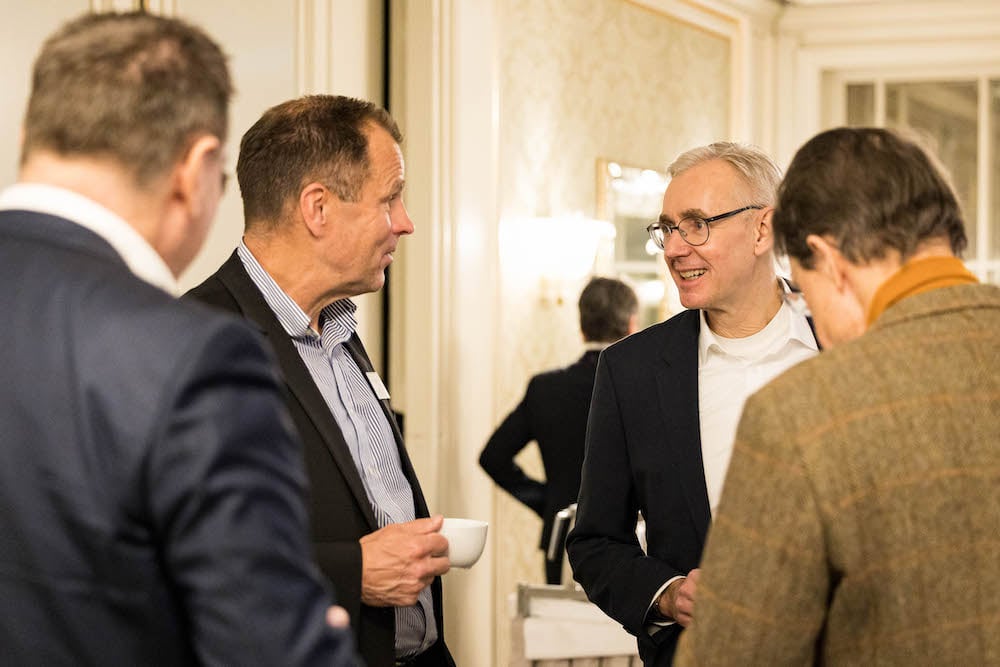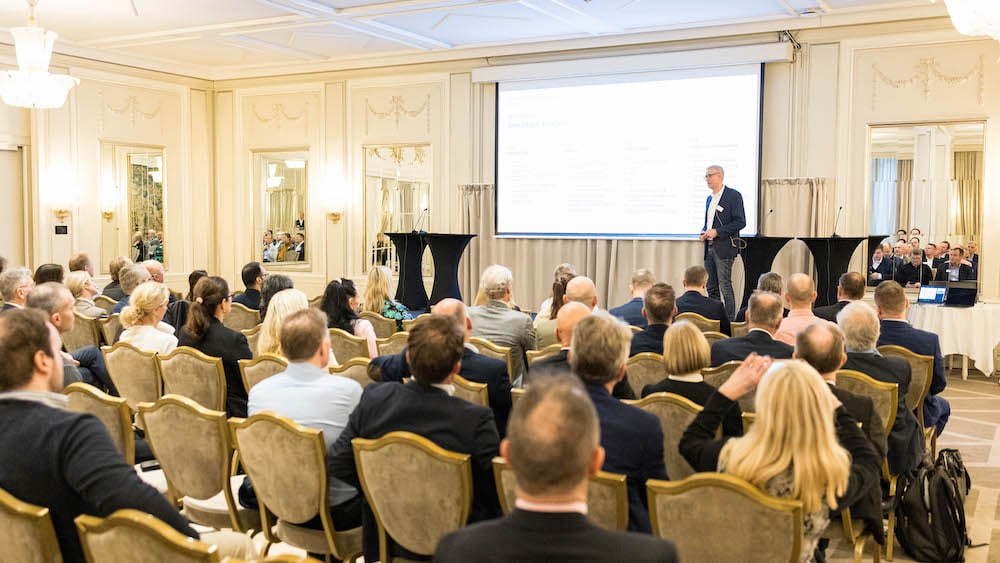 In a constantly changing world we need leaders who can not only adapt but shift borders and transform markets and industries. That is where interim managers come into play. They are the crucial component in a world that desperately needs an infusion of fresh perspectives and specialized skills to navigate complex challenges, manage crucial turning points like the current energy crisis.
In a constantly changing world we need leaders who can not only adapt but shift borders and transform markets and industries. That is where interim managers come into play. They are the crucial component in a world that desperately needs an infusion of fresh perspectives and specialized skills to navigate complex challenges, manage crucial turning points like the current energy crisis.
I recently spoke at a leadership conference in Oslo, Norway, hosted by Interimleder AS, the leading provider of interim management services in the country and a member of Globalise. In this piece, I briefly delve into some of the points I shared at Grand Hotel.
The rise of interim management
When I founded Atreus in 2006, we were 10 employees, and interim management was still in its infancy. Today, we are a multi-million-euro business with 80 permanent employees and more than 250 interim managers working on more than 300 projects every day.
Atreus is now the leading interim service provider (ISP) in Germany. Recently we won the The Hidden Champion Award, which is only given to companies that their customers certify as having greater expertise in a specific area than the three large consulting firms Bain, Boston Consulting Group and McKinsey.
Nearly 20 years after our establishment, interim management has become a standard tool used by small and medium sized companies, as as well as large corporations and private equity firms.
As a fellow partner with Interimleder AS in Globalise, an international alliance of ISPs, I am pleased to see that Norwegian executives, PE firms and board members are increasingly turning to interim management as the preferred tool to create instant leverage in their organizations when leadership competency and capacity is scarce or sorely needed and new operation model have to be implemented.
READ ALSO: 7 characteristics of top performing interim and transformation leaders

How we serve businesses around the globe
At Atreus, we work across industries with the exception of financial services. Our specialty lies in putting high-level interim managers, including CEOs, CFOs, CROs, COOs, and CIOs, in place to drive change and success.
In the last three years we have been involved in a high number of projects related to production and supply chain management – which due to the domino effect of the pandemic, the chip crisis and the surging energy prices, are big challenges for many companies.
We are also involved in projects and program management. Say you run a company which has to close a plant. Then you do not need a CEO or CFO; you need a project manager. The same applies if you want to improve your bidding processes or implement a new ERP system.
The world is our parish. We placed a CEO for a € 2 billion Automotive company in the US with the idea to reduce the working capital by more than 10%. We assisted a midsized Engineering company which identified a compliance issue in China and put a CEO in place there. We also support a public listed coating company and helped to manage a worldwide ESG-program. Our clients include both big public listed companies but also international medium sized companies in Europe. Currently, our major focus is on the energy crisis.
READ ALSO: Performance leadership - How Norway became a leading sports nation
What is happening in the energy industry?
In Germany, as in Norway and Europe in general, the energy landscape is undergoing a tremendous change. Consumers are feeling the heat as electricity and gas prices have doubled, and fuel has become a budget-busting expense.
Companies across industries are grappling with the impact of skyrocketing energy costs, with some facing increases as high as five times their previous bills. The automotive sector is feeling the burn, but engineering is weathering the storm a bit better, as energy costs are a smaller portion of their overall expenses.
The Russian war in Ukraine is a tragedy but it may also be a catalyst for energy industry transformation. Once seen as dinosaurs, energy producers are now rapidly embracing decentralization, decarbonization, and digitalization.
Germany has set a goal to become climate-neutral by 2045, requiring a total transformation of all industries and a major overhaul of the national power grid. Atreus is rising to this challenge, working to help drive this necessary change.
We are currently working on major projects - the transmission system that connect Norway and Germany and transports renewable energy from northern Germany's windmills to Bavaria and Baden-Württemberg.
There is power in international cooperation – in both the literal and the figurative sense.
Watch the interview with Dr. Harald Linné at the conference in Oslo:






